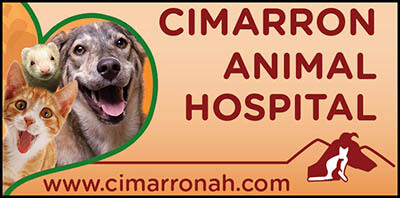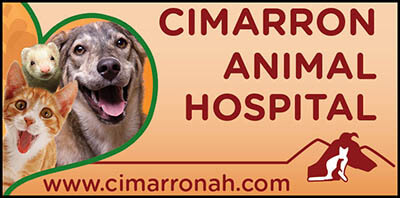 Are you really buying what you think?
Are you really buying what you think?
Natural: There is no government issued definition for “Natural” on food products. The FDA claims:
[FDA] has not objected to the use of the term on food labels provided it is used in a manner that is truthful and not misleading and the product does not contain added color, artificial flavors or synthetic substances. Use of the term “natural” is not permitted in a product’s ingredient list, with the exception of the phrase “natural flavorings.”
AAFCO (American Association of Feed Control Officials) defines the word “natural”, when used to describe a pet food as: “A feed or ingredient derived solely from plant, animal or mined sources, either in its unprocessed state or having been subjected to physical processing, heat processing, rendering, purification extraction, hydrolysis, enzymolysis or fermentation, but not having been produced by or subject to a chemically synthetic process and not containing any additives or processing aids that are chemically synthetic except in amounts as might occur unavoidably in good manufacturing practices.”
This is certainly a “cleaner” way of eating. I think most human doctors and veterinarians will agree that eating more natural food is better than eating all the chemically processed food that is so prevalent in both the human and animal markets today.
Organic: Foods must contain at least 95% (by weight) organic ingredients to have the USDA Organic seal. To qualify as organic, an ingredient must be raised is strict accordance with the USDA regulations in order to …”foster cycling of resources, promote ecological balance, and conserve biodiversity. Synthetic fertilizers, sewage sludge, irradiation, and genetic engineering may not be used.” ( http://www.ams.usda.gov/AMSv1.0/nop ). That is certainly a very worthy cause that should be supported as much as possible in the name of preserving our biosphere and planetary quality of life.
Note that pet foods can carry the label “Natural” without the USDA Organic Seal if only 70% of the ingredients are organically manufactured/ raised.
Many pet foods are made with “Organic ingredients”, meaning that there are ingredients in the diet that comply with the USDA definition. Not all ingredients are necessarily in compliance.
.Holistic: The term “Holistic” has no legal definition as a nutritional quality. The term “holistic” means “in consideration of the whole” The HOPE of dog foods labeled as “holistic” is that they would be made of natural ingredients of human-grade quality without byproducts or fillers, made without chemicals or sewage sludge fertilizers and be easily digested. for maximal nutrtional uptake with every ingredient complimenting all others to provide a nutritional balance for the whole body. However, since any food or product can be labeled “Holistic”., buyer beware. Read your ingredient list. There may be fillers; there may be chemical additives; there may be ingredients that pets don’t synthesize into useful nutrients (flax seed)! Don’t forget the calorie count– an “oft forgot” nutritional consideration (a lot of diets are very high in calorie, contributing to obesity in our pets). Who is creating the diet you are interested in? Are animal nutritionists involved?
While we all agree that Natural is better than processed and organic is better for our biome and bodies than artificially produced, does it mean that the food so labeled is actually nutritionally balanced for your pet? Maybe not.
The companies that produce “Natural” and “Organic” and “Holistic” foods are often not engaged in active research into pet nutrition. And, since there are so few regulations as to the optimal nutritional requirements for a complete cat or dog diet, they can put however much of pretty much anything they want to result in whatever number of calories, carbohydrates, proteins and fats that they want. I don’t want to discourage people away from these more natural diets as long as they are working out for an individual patient. However, if the pet starts to have nutritional concerns (such as obesity due to very high calorie density of these foods) it doesn’t matter how “Natural” or “Organic” a food is, it isn’t healthy!
If you like the idea of Natural or Organic and you can afford it, by all means, try it! Read the ingredients list! Don’t get sucked into TV advertising! (If a company has a lot of money for advertising, they might not be putting it into careful manufacture of the food or research into improving (or into cleaning their manufacturig plants so as to avoid food contamination?) If your pet has problems on that formula, as with any diet, it’s OK to give up that ideal in exchange for improving your pet’s over-all health. As with any diet formulation, no one diet is perfect for every pet. Ask your vet for suggestions.
Here is an interesting article from the American Animal Hospital Association: Read Here


